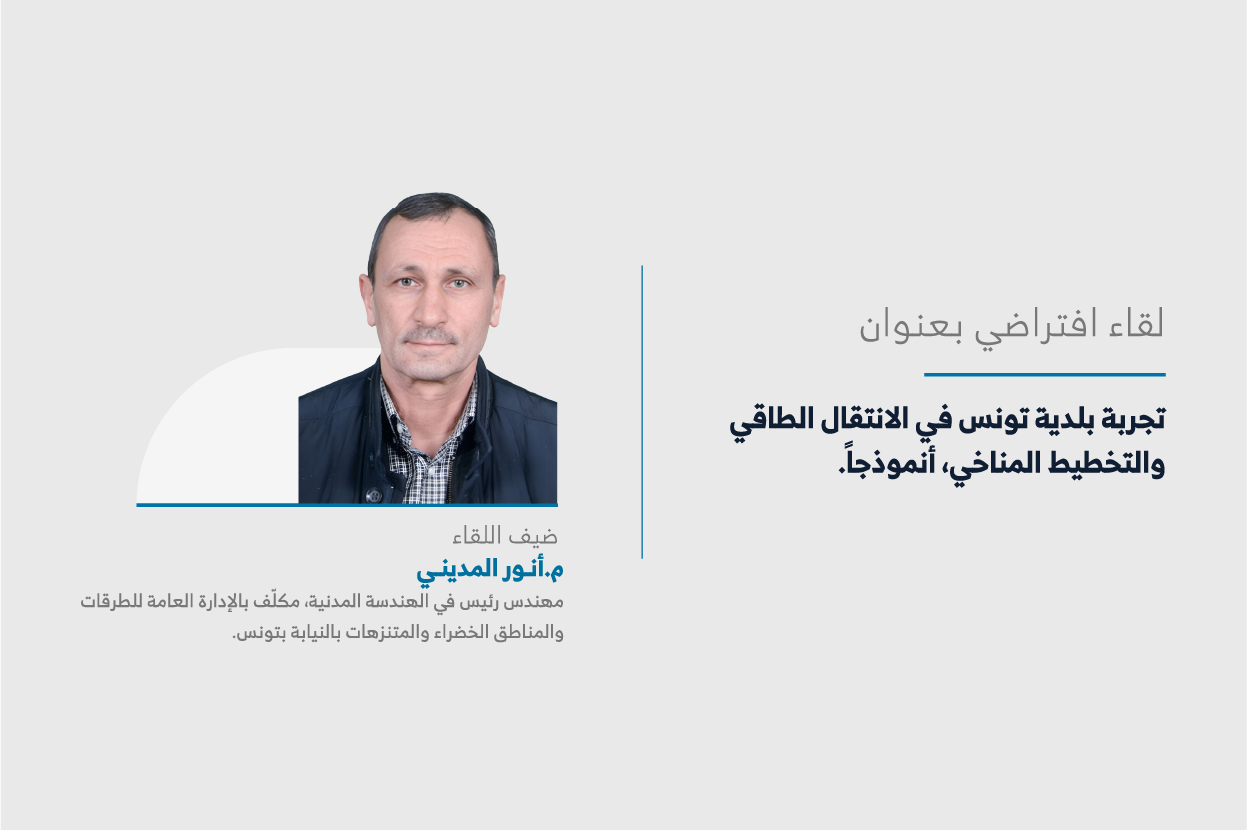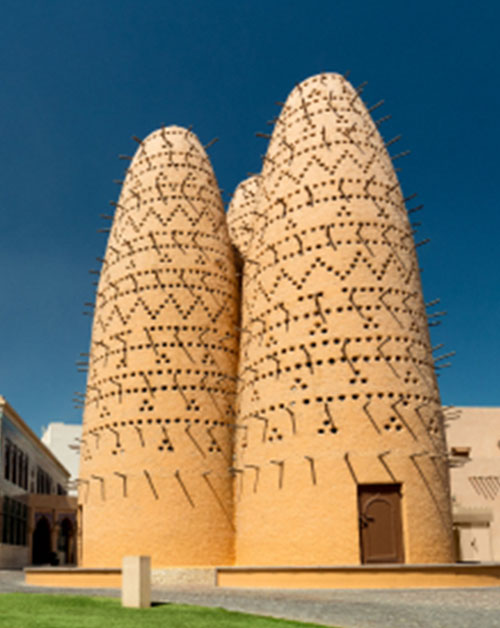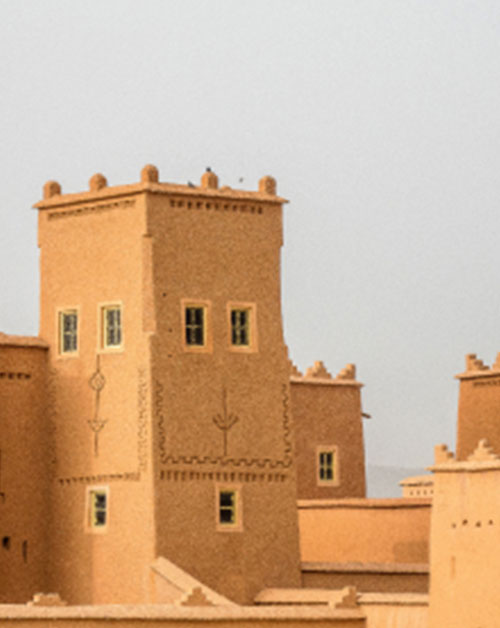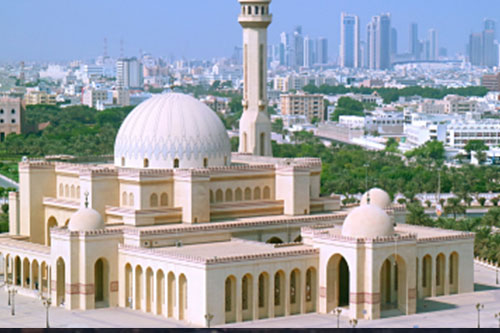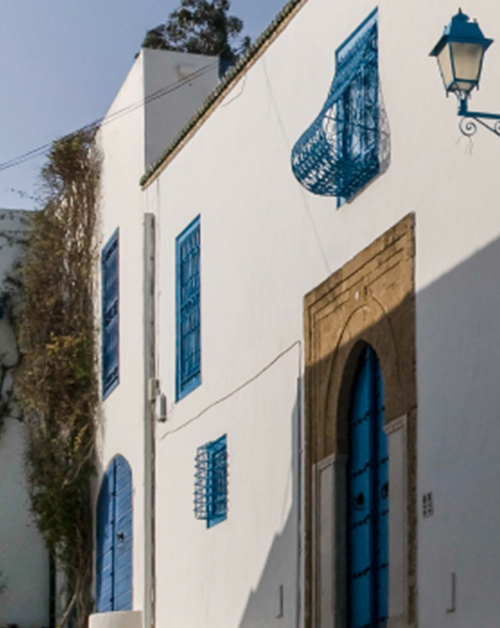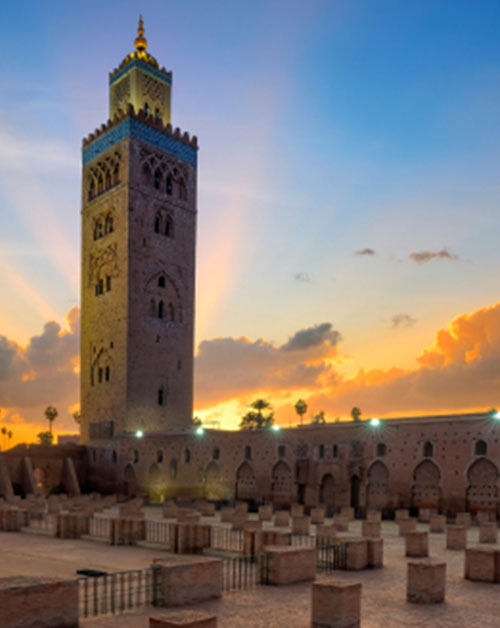Back
Tunisia Municipality’s Experience in Energy Transition and Climate Planning: A Model for Other Cities
30 Apr 2025
The Institute hosted the thirteenth session of its “Cities in Action” webinar series, titled “Tunisia Municipality’s Experience in Energy Transition and Climate Planning: A Model for Other Cities.”
The Arab Urban Development Institute held the thirteenth session of its Cities in Action webinar series on Wednesday evening, 2 Dhul-Qi’dah 1446 AH (corresponding to 30 April 2025), with the participation of numerous specialists and professionals engaged in urban development.
Dr. Abdulla Difalla, moderator of the webinar and Professor of Urban Planning, began the session with an overview of the webinar series and highlighted its importance in enriching the discussion on urban development across all Arab cities. He also stressed that the benefit of these sessions lies in identifying pioneering urban development projects and exchanging ideas on mechanisms and the elements of success.
The meeting began with a presentation by Engineer Anouar Medini, a chief civil engineer currently serving as the acting head of the General Administration of Roads, Green Areas, and Parks in Tunisia. With over 35 years of experience in public works and infrastructure management, he has held numerous leadership roles within the Municipality of Tunisia and has played a key role in planning and executing major infrastructure and development projects across the city.
Engineer Anouar showcased the Municipality of Tunisia’s experience as a leading example in energy transition and climate planning, highlighting its commitment to international climate agreements and the 2030 Sustainable Development Goals. He discussed the local climate plan, emphasizing efforts to cut carbon emissions, use energy more efficiently, and expand the adoption of renewable energy sources.
Engineer Anouar outlined the major accomplishments of the Municipality of Tunisia’s energy and climate transition plan, including the installation of solar panels on public buildings, the establishment of electric vehicle charging stations, and the integration of electric vehicles into municipal service operations.
He emphasized the crucial role of multilateral partnerships in integrating governance between local and central authorities, highlighting the need for strong coordination between municipalities and ministries to ensure successful implementation. He also noted that the Municipality of Tunisia has drawn on international best practices, particularly in green building regulations and rainwater harvesting technologies.
At the conclusion of the meeting, Dr. Abdulla Difalla expressed his gratitude to the attendees for their engagement and valuable contributions. He praised Dr. Saleck Moulaye Ahmed for his exceptional leadership in guiding the project and emphasized the importance of continuing such meetings to foster collaboration and knowledge exchange among urban development professionals.
